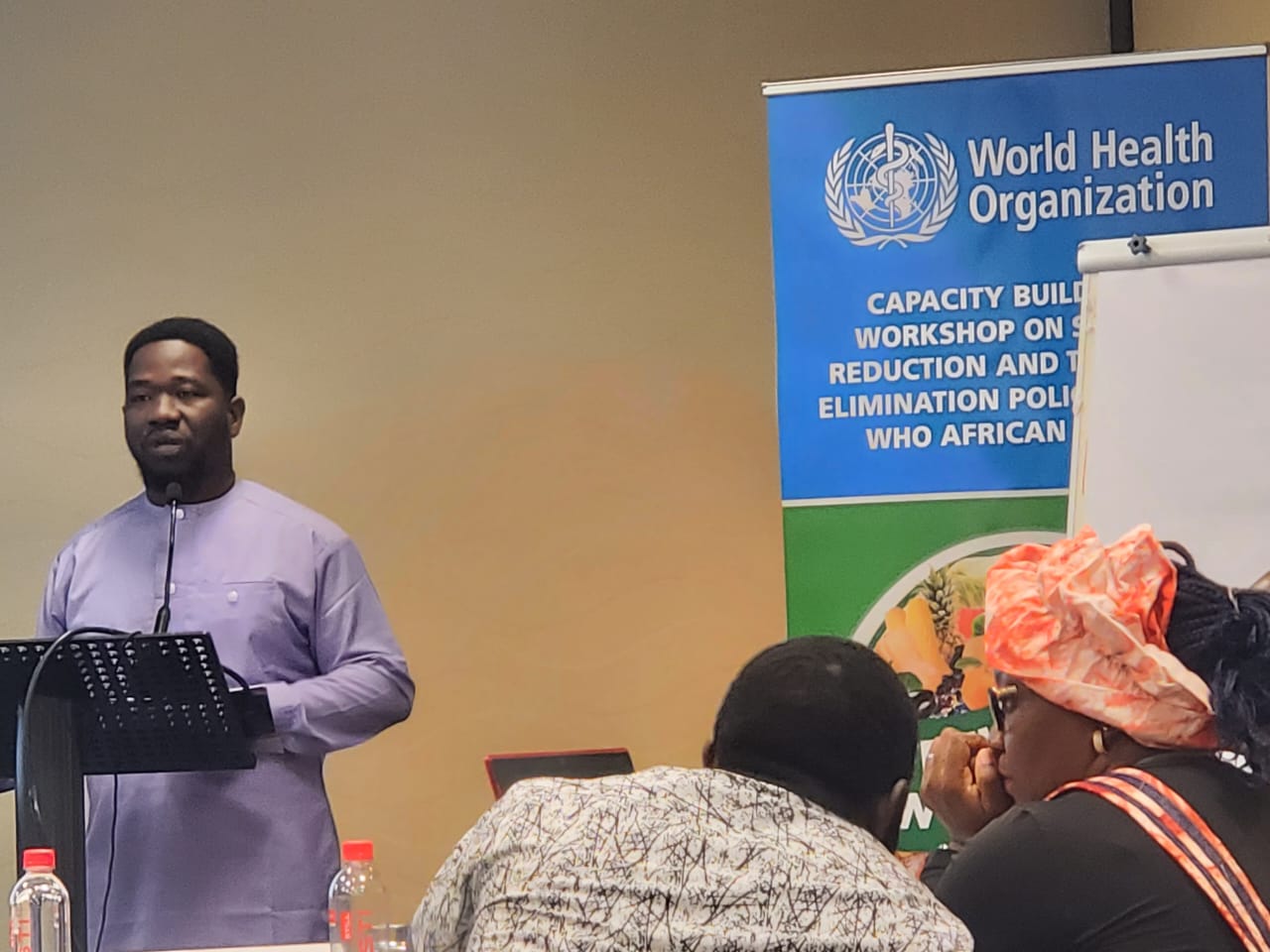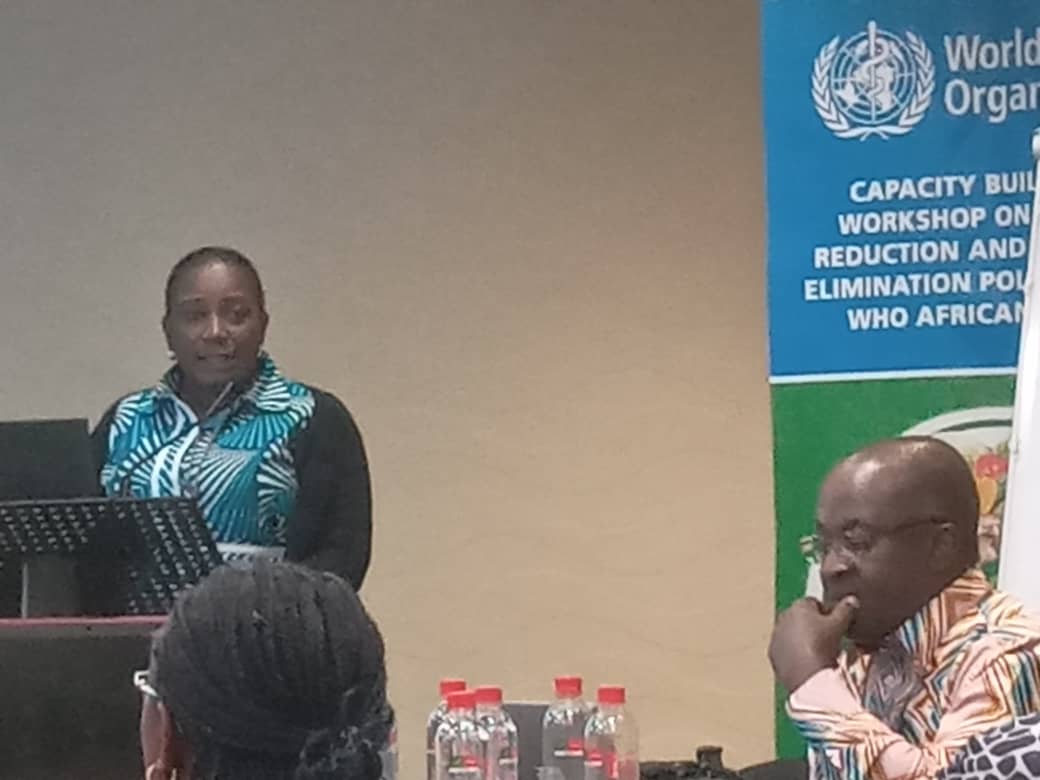Diet-related risk factors are major drivers of preventable deaths due to cardiovascular disease. Industrially produced trans-fatty acids (TFA), which are commonly used in some countries as an ingredient in fried food, bakery products, and spreads, are linked with heart disease and mortality. TFA increases levels of LDL (unhealthy) cholesterol and decreases levels of HDL (healthy) cholesterol. Replacement of TFA with unsaturated fatty acids decreases the risk of coronary heart disease, in part by ameliorating the negative effects of TFA on blood lipids.
Global elimination of industrially produced TFA is a WHO priority and one of the key targets in the 13th General Programme of Work (GPW). WHO recommends that the total TFA intake be limited to less than 1% of total energy intake, which translates to less than 2.2 g/day with a 2,000-calorie diet. As part of achieving the targets of the 13th GPW, WHO is supporting Member States to eliminate industrially produced TFA and replace it with healthier oils and fats. WHO launched the REPLACE action framework in May 2018 and its accompanying six modules in May 2019 to guide governments to achieve this goal.
Sodium is a nutrient of concern that increases the risk of raised blood pressure, increasing the risk of cardiovascular conditions, gastric cancer, obesity, osteoporosis, Meniere’s disease, and kidney disease. Sodium reduction is one of the most cost-effective strategies to reduce the burden of non-communicable diseases. WHO recommends less than 2,000 mg of sodium (5g of salt) per day in adults, while the global average sodium intake is estimated to be 4310 mg/day (10.78 g of salt per day).
WHO developed sodium-related best buys policies to prevent cardiovascular disease and its associated costs. These include; reformulation of food products; implementing front-of-pack labelling to help consumers choose products with lower sodium content; conducting mass media campaigns to alter consumer behavior around sodium; and implementing public food procurement and service policies to reduce sodium content in food served or sold. In 2021, WHO developed global sodium benchmarks for about 60 categories of prepackaged foods to help governments set their own national sodium targets and to guide the dialogue between WHO and the private sector at the global level.
The General objective of the WHO workshop is “to advocate and build country capacity on developing, implementing and enforcing regulatory actions to eliminate industrially produced TFA and reduce sodium from the food supply.”
The expected outcomes of the workshop includes; “Increased capacity of Government officials, academia and civil society organizations on TFA elimination and sodium reduction” and “Action plan on trans-fat elimination and setting sodium target drafted.”

Participating countries included Ghana, Cameroon, Ethiopia, Kenya, Sierra Leone, Tanzania, and Uganda. The workshop commenced on 13th and ended on 15th December 2023 and it was held in Johannesburg, South Africa at the Southern Sun Hotel. Ghana was represented by the Ministry of Health (MOH), Food and Drugs Authority (FDA), University of Ghana (UG) School of Public Health (SPH), World Health Organization (WHO) Country Office and the Institute of Leadership and Development (INSLA).
During the Countries’ session on ongoing actions on TFA elimination, regulatory actions- lessons and challenges, Dr Joseph Nii Otto Doodo; Health Policy & Systems Analyst at the Ministry of Health (MOH) on behalf of the country delegation presented an overview of Ghana’s TFA elimination and Sodium reduction efforts.

After series of technical presentations by experts from WHO headquarters, WHO AFRO, Resolve To Save Lives (RTSL) and the Global Health Advocacy Incubator (GHAI), country group work and plenary discussions, countries finally developed and presented an Action Plan. Ghana’s TFA Elimination Action Plan was presented on behalf of Ghana Delegation by Mrs, Akosua Takyiwa Kwakye Oduro; National Program Officer, Nutrition at the WHO Ghana Country Office.
